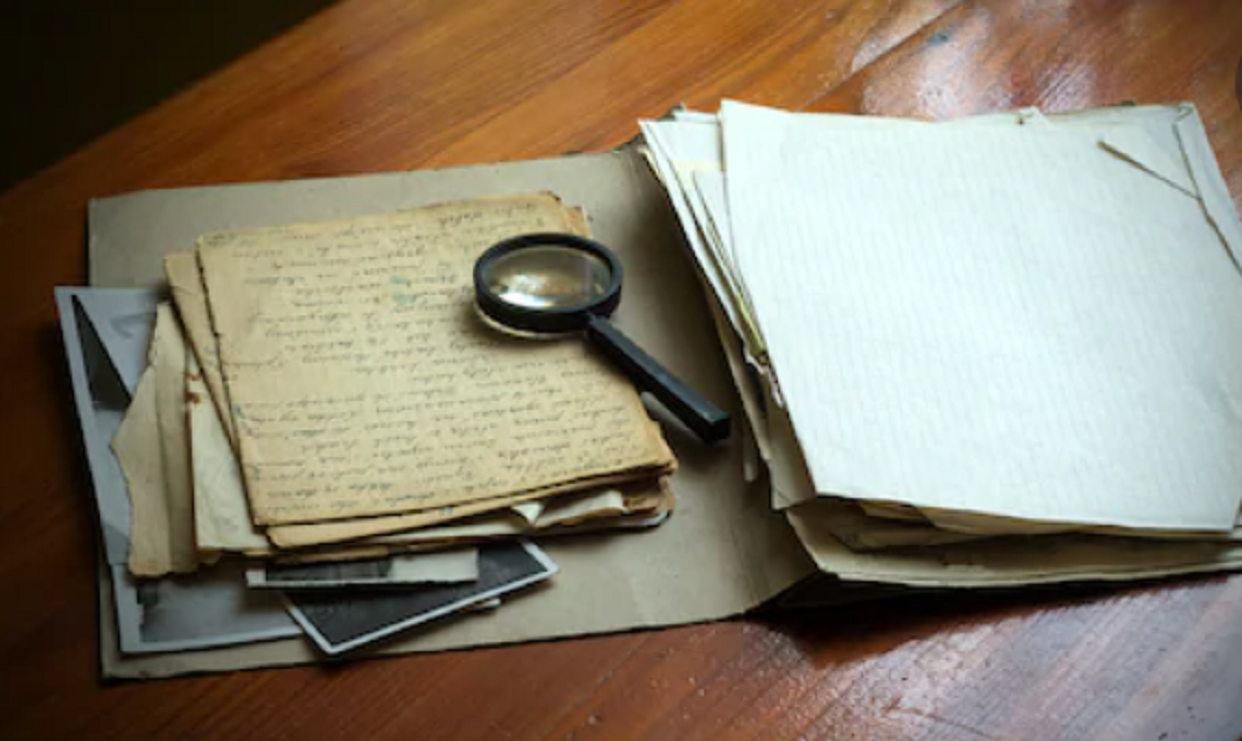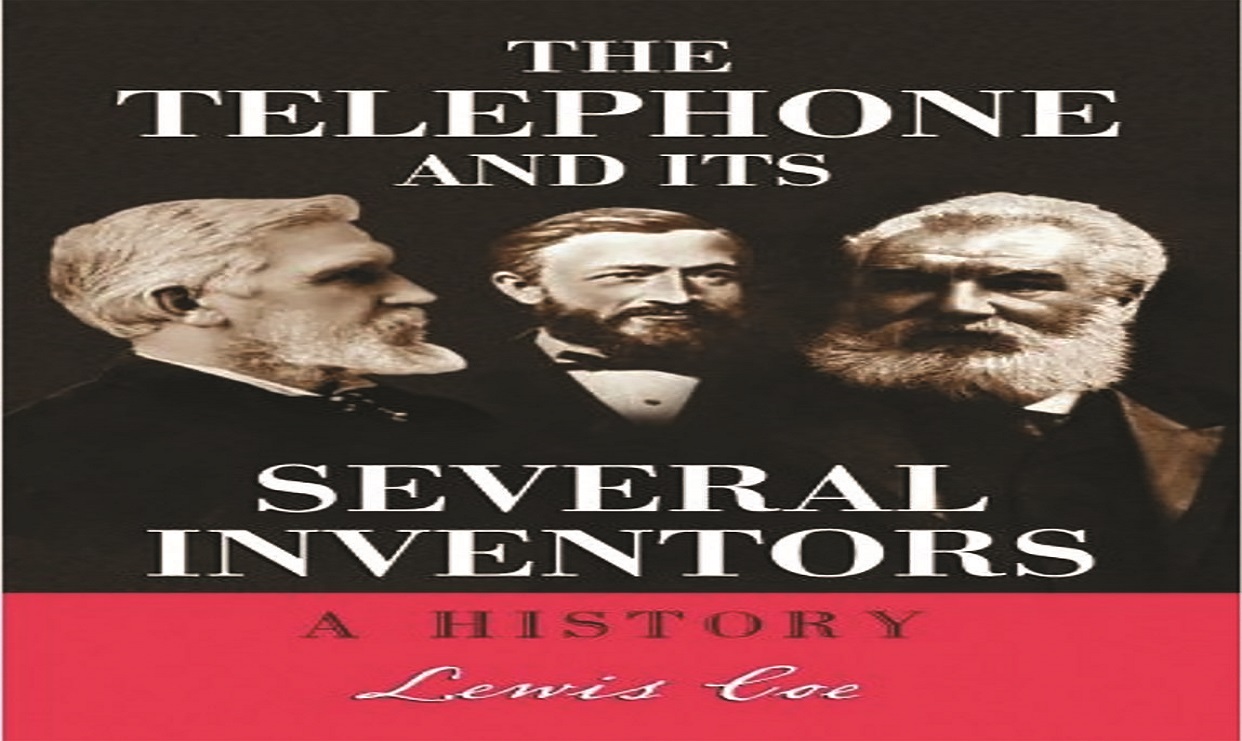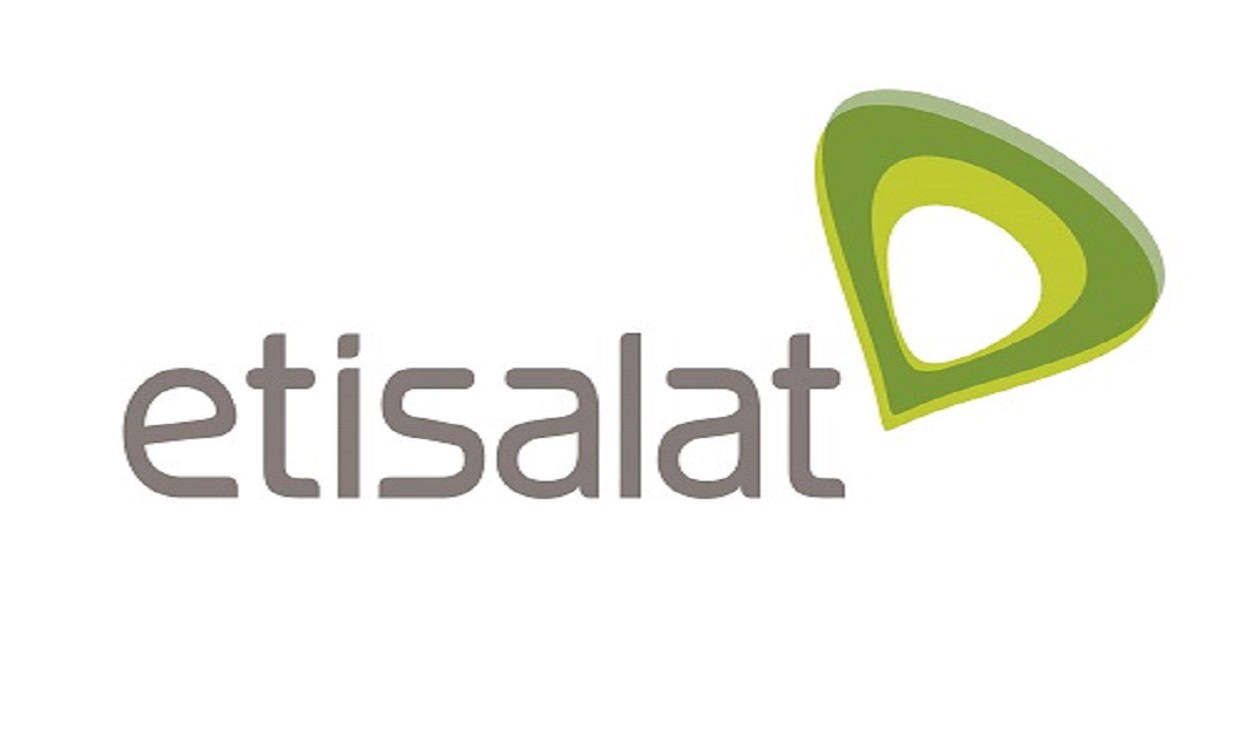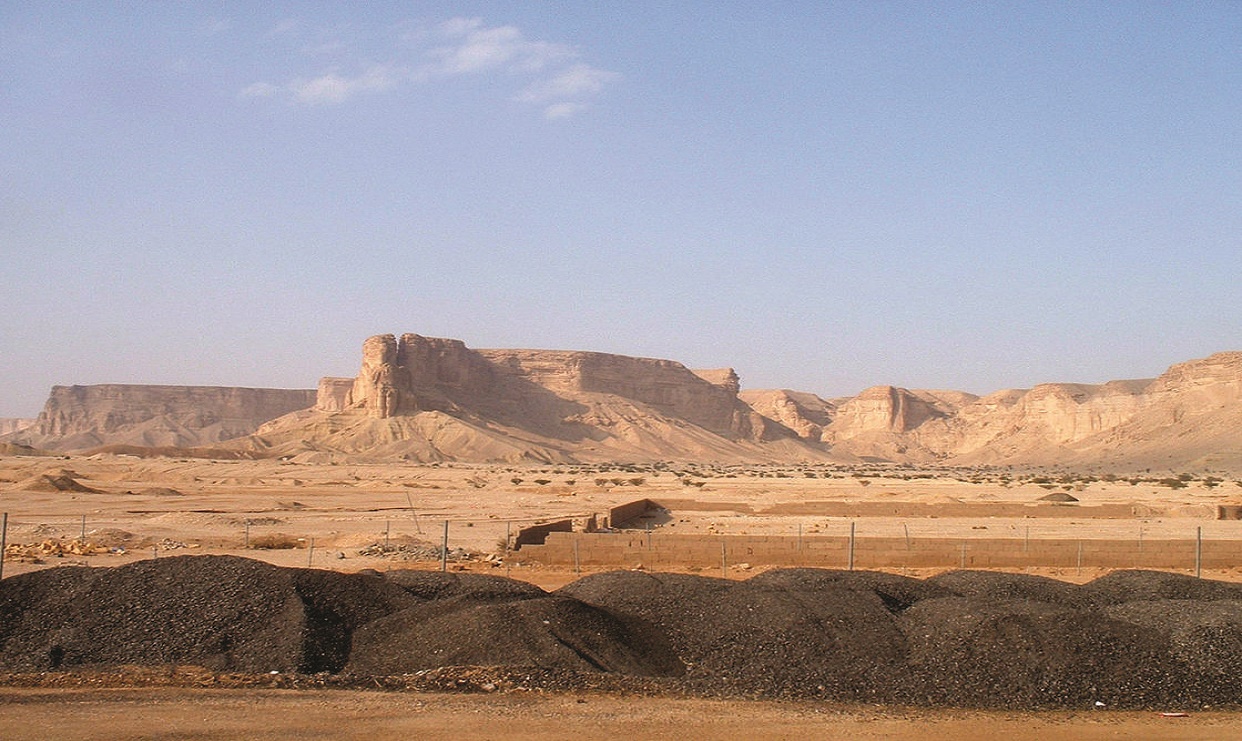1,267 عدد المشاهدات
I was astounded by some people who had burned all the heritage of their late father. In our societies, we have similar people who destroyed the history, photos and documents as if they were an enemy, not a history that will remain after them. Others have demolished the antiquities in the past moving their stones from one place to another to build them or have melted the old coins in order to extract gold and silver, or to pierce them to be used for ornamentation without knowing their historical value.
Great Value
”Wathiqa” (document) is derived from the verb ‘wathaqa’ (trust). It was then used in formal transactions of buying and selling, sultans’ orders and judicial decisions. Whereas, the historical document is the events history has left and the heritage ancestors have bequeathed. These documents are the witness to history. However, Arabs did not know their meaning in this sense and this is why it was absent in the old dictionaries. The meaning of a (document) was then expanded to include everything that can be documented from old and modern papers, pictures, paintings, audio, video and others.
Document Types
Some people assume that a document is just an old, obsolete worn-out paper, however a document today is much broader than this as there are many types of documents including:
Silent documents: such as buildings and monuments left behind by any civilization
Written documents: they have divisions including “Texts” which are in turn divided into intended texts: developed by people for the purpose of authorship, and unintended texts: which appear as a result of political, economic, social, religious and military influences. Texts may also be personal or general.
Statistics: They are usually published in newspapers or official gazettes of countries, regimes and parties or published on digital sites and include various fields.
Graphs: They are produced by various economic, social and political studies, whether by government agencies, institutions or individuals.
Photos: Photos may be official and related to governments including photos of delegations, meetings, demonstrations and others, or they may be the photos of the surrounding environment such as superstructure, infrastructure, means of transport and others.
Fees: fees may be private or official state fees and local and international organizations fees.
Maps: including political, military, environmental, economic, social maps etc.
Moreover, there are audio and visual materials and many more that cannot be mentioned in this article and I may dedicate further articles for this topic. As for the importance of the document, it is clear today that the different types of official and non-official documents are the identity, history and the basis on which many things are built.
The Importance of Documents:
When we allow a document to be revealed, it will be the best source for writing and researching history. What history can we count on without documents, evidence or clues that show us what stories are true or false. Writing down the history has passed through many stages until the advent of modern historical schools which detached it from mythological stories and cynical attitudes. Thanks to modern science and strong constructive criticism, the science of history has a living memory of peoples and a scientific content that must be treated with great honesty and care.
Documents serve as an important source for researchers but there are major obstacles to historical research and recording including the big number of unknown documents, and the documents possessed by some families and by private libraries that may be neglected, worn out, lost or kept secret from researchers.
One may ask, “Can we rely on oral accounts, many of which are exaggerated or forgotten by older people?”. Oral accounts are undoubtedly important to preserve our living memory, but they do not reach the significance of documents that cannot be challenged unless it is revealed to be fraudulent. Therefore, when there is no documentation, we can refer to the oral narrative and we can also strengthen the position of the document and vice versa. However, to leave the documents and rely on these oral accounts is a mistake as there are many examples of error, confusion or even lying regarding certain events of the stories.





